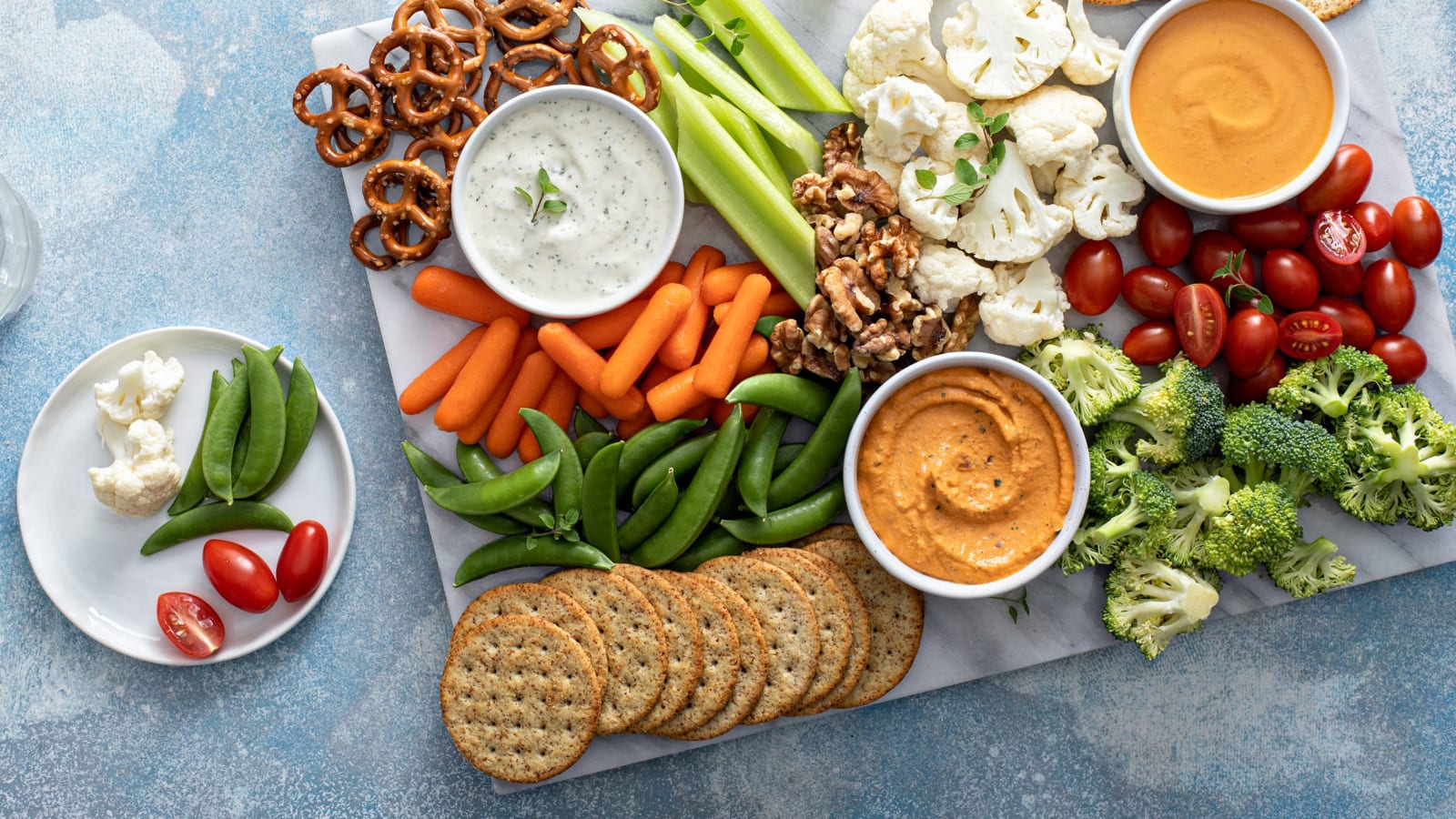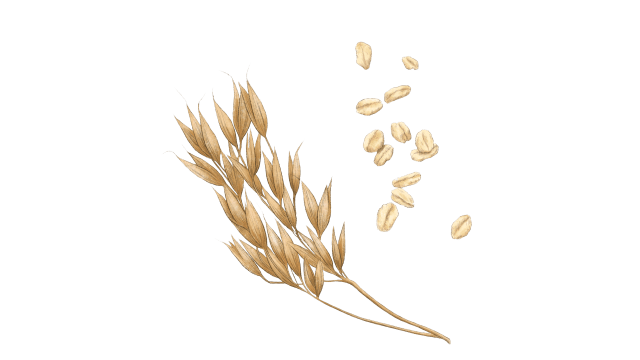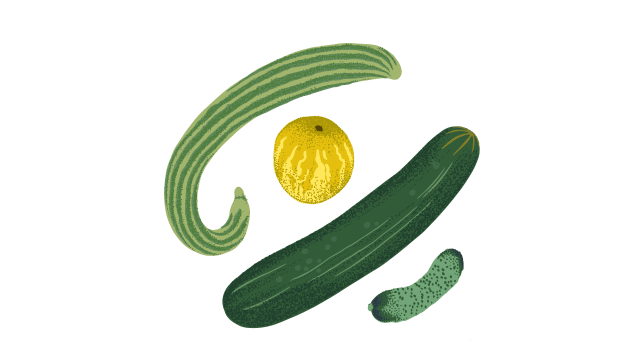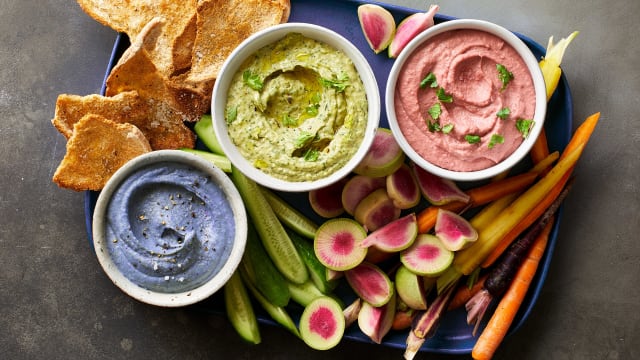Whole Foods Healthy Snacks

Snacks are a conspicuous part of our modern lifestyles. And when it comes to snacking, it’s easy to blame those busy lifestyles for making less mindful food choices. Most working adults, children, and students all consume food between meals. (In case anyone needed a refresher, snacks are defined as small portions of food and drink eaten between the main meals of the day.)
Nobody is immune to the allure of a snack. Many Americans especially love snacking, with a quarter of the population grabbing snacks multiple time a day, and nearly 4 in 10 at least occasionally replacing a meal with a snack. "Food has become accessible and convenient and that could also be a reason why snacking has become so commonplace," says nutritionist and dietitian Keri Romerdahl.
A growing conversation among health professionals, nutritionists, and dietitians about the science of snacking aims to understand the role of snacking in physical health and its relationship to mental and social wellbeing. Snacking has a bad reputation — for good reason. But can snacking be good for you too? Let’s find out.
Why Do We Snack?
Snacking is often intertwined with strong emotional responses, both negative and positive. Available everywhere, snack foods are easy options for people on the go, emotional eaters, and at social gatherings. While carbonated drinks, cookies, chips, pastries, ice cream, and other “junk foods” loaded with sugar and sodium momentarily fulfil certain emotional needs and quell hunger, they do not provide the body with nourishment or sustainable energy.
As one study succinctly summarizes it, “Unhealthy snacks, high in energy, sugar, and salt and low in nutrients, were demonstrated to have a negative impact on individuals’ health, such as oral health, blood pressure, obesity, and diabetes.”
Romerdahl points out he link between snacking and dopamine, the chemical produced in our brains that is linked to pleasure, and the human biological clock in the brain that "regulates physiological rhythms."Studies have shown that snacks high in calories and low in nutrients signal pleasure in our brains but result in overeating.
More and more people are coming to this realization. The 2021 Food Healthy Survey by the International Food Information Council (IFIC) found that many Americans are reconsidering their recent food habits. Unhealthy snacking came down from 32 percent in 2020 to 18 percent in 2021.
Many people are discovering the benefits of power snacking. They’re learning that with mindful eating choices, snacking can actually be good for you. Snacks do appease hunger between meals and provide a boost of energy. They provide growing children with much-needed nutrition. And healthy snacks at the office can improve productivity and workplace wellbeing. A mindful snack break can even be a way to check in with yourself.
Wellness advocate Julie Morris, author of Superfood Snacks: 100 Delicious, Energizing & Nutrient Dense Recipes writes, “Snacking isn’t something we should feel guilty about. It’s something we should feel great about.” Through her recipes, Morris demonstrates how homemade snacks made from simple ingredients like bread, seeds, nuts, fruits, veggies, cheese, and yogurt don’t have to be boring — and explains why they can be much better for you than a processed snack off a supermarket shelf.
What's a Good Snack?
Choose snacks that are gut-friendly and heart healthy. Whole foods (foods without preservatives and with little or no processing and refining) offer both nutrition and satiety. Great snacks can be made from fruits; veggies like cucumbers, celery, beets, carrots; nuts and seeds like chia seeds, walnuts, almonds and pistachios; and yogurt. Oatmeal, homemade gluten-free muffins, and energy bars can be made ahead in batches. Looking for crunch? Try vegan gluten-free seed-and-nut granola or spiced nuts and seeds.
Romerdahl says that "A snack is a mini meal with all the major macronutrients – just much smaller." Too much snacking can subdue the hunger hormones but could cause people not to register the sensation of hunger in a mindful fashion and result in dysregulating our system.
Peter Barrett, chef and food writer, explains that a healthy snack also must be so “delicious that you do want to eat it. It must be nutrient-dense and satisfying so that you don’t need a lot of it to feel satiated.” For example, while a raw carrot is a decent snack, Barrett explains that “a pickled one has the same crunch and nutrition but tastes much more interesting.”
Try Peter Barrett’s hot-brined pickled carrots
Healthy snacks can bring people together too. We all know snacks are a sure-fire way to get a party started. According to Maegan Brown, author of 50 Beautiful Boards, homemade snack boards “with simple recipes and creative twists” are a good way to bring family and friends together. Whether it’s for a party, a picnic, a boardgame night, or a big game night, trays loaded with healthy nibbles score big over packets of processed food.
Homemade snacks are also more versatile in terms of catering to different tastes. For instance, Brown’s “Top-Your-Own Oatmeal Board” is a simple, big bowl of cooked oats, served along with a variety of toppings: nuts, seeds, fruits, and honey, for a hungry family to make their own individual bowls with their favorites. The dish “packs a huge punch in the nutrition department as a great source of whole grains and fiber,” writes Brown.
Seeds and nuts are always a great option. “Nuts are concentrated sources of protein and healthy fats,” says Barrett. “They’re also filling, so a handful can satisfy hunger for some time.” And seeds lend themselves to an array of easy recipes, such as Chef Akhtar Nawab’s seeded crackers. As Nawab says, “I am always seeking a crunch, and sometimes I need a break from carrot sticks.”
Make a crunchy snack like Akhtar Nawab
If you’re snacking healthy, you might even find yourself replacing a meal with a healthy, nutrient-dense snack, like Lukas Volger, chef and author of Snacks for Dinner.
Snacks for Kids
According to a US Department of Health & Human Services report, children and adolescents are not meeting the dietary requirements laid out in its Healthy Eating Index (HEI). The report suggests that “promoting nutrient-dense foods for snacks, such as fruits and vegetables, can go a long way in shaping a child’s diet.”
Christine Chitnis and Sarah Waldman, authors of Little Bites: 100 Healthy, Kid-Friendly Snacks, write that a healthy homemade snack can be “an energetic pick-me-up after school or a nutritional boost at the playground.” Their book offers many delicious options for the lunchbox, for example baked apple chips, mini sweet potato pies, carrot cake sandwich cookies, green waffles, and tomato cheddar bites.
Zero-Waste Snacks
Making homemade snacks can also lend itself to sustainable practices in your kitchen. Here are some ideas:
• Don’t waste potato skins. Sauté them in oil or bake them to a crisp with some paprika and salt.
• Pulp vegetables peels and add them to muffins.
• Use fruit scraps like watermelon rind to make healthy dips.
• Blend veggie scraps like beet or carrot skins into smoothies.
• Repurpose leftover fruit pulp to make fruit candies or fruit leather for naturally sweet snacks.
As long as we’re constantly on the go, the culture of snacking isn’t going anywhere. But we can turn snacking into a healthy habit when we make delicious, healthy treats for ourselves and our families.
Key Takeaways
- Healthy snacking boosts energy.
- Snacks offer nutrition between meals.
- Make budget-friendly snacks at home.





